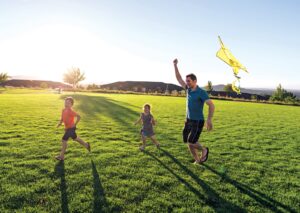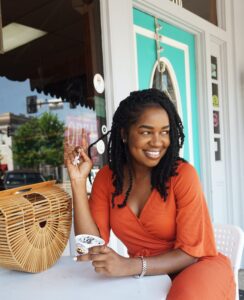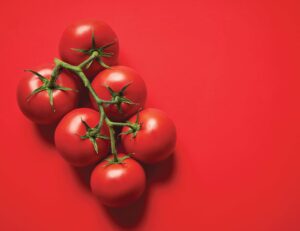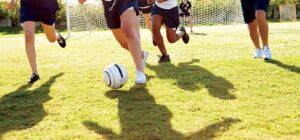What does % mean when it pertains to equine nutrition. It means that you need to know a little bit about math. We can get into part per million and grams, but that will be another day. Let’s focus on percentages today.
Throughout the years of feeding horses, feed companies have trained consumers, not with purpose, to buy a specific type of feed based solely on protein percentage, 10%, 12%, 14%, and 16% since the choices were rather limited. These percentages do not tell you the quality of the proteins, nor does it tell the amino acid breakdown. That being said, many higher quality 10% protein feeds can outperform lower quality 14% feeds. Your homework has begun at this point. Which feed is the best for your horses breed, age, discipline, work intensity, geographical location, and access to pasture? These are some of the essential talking points for your horse as an individual.
Throughout the years, I’ve seen many ways folks have fed their horses. Mostly with what I call the Juan Valdez system of feeding, with the proverbial coffee can. I often have to ask what brand and what size coffee can is being used……a little humor never hurt anyone. The reason behind this question is that we need to know what our feed weighs. We should feed by weight, not by quart, not by coffee can. This is where math comes in. If you are feeding one pound of 14% protein feed per day, your horse is taking in .14 pounds of protein from the feed. Two pounds of feed, .28 pounds, and so on. Depending on the horse work intensity, some horses need to take in as little as 1.4 pounds of protein per day and the heavy work intensity horses may need up to 4 pounds of protein per day. The same can be done with any of the percentages on the feed tag. This way, you know how much your horses is taking in from his feed alone.
Let’s now add in the hay. Do you have your hay analyzed? How much protein is coming from your hay if you don’t have it analyzed? Let’s say your hay analysis comes back at 9% and you feed 18 pounds of hay per day to your horse. That equals 1.62 pounds of protein. If your analysis comes back at 5.5%, now you are down to .99 pounds of protein. You have now passed 5th grade math! The takeaway here is that your feed bag comes with a feed tag, your bale of hay does not. The fact that you feed more pounds of hay per day than concentrate, it is essential to know about your hay.
Your horse is an elite athlete, no matter if you just hit the trails, event, or barrel race. An athlete needs to make sure the body receives the proper nutrition in order to perform at the levels being asked. I do make farm calls, analyze hay, and will help balance your feed program to get to the next level. Horse can look great on the outside, but may not look the same on the inside.
Nutrition Hint: Do you feed a muscle building/recovery supplement?
After a workout, you have approximately 30 minutes before your horse’s muscle fibers and fibrils start to close. This is the most opportune time to feed the muscle with proprietary blends of limiting amino acids among other vitamins and minerals. Your horse will absorb a much higher percentage opposed to feeding your muscle supplement at one of your regular feeding times.
I can be reached at thefeedgeek@gmail.com if you have questions or comments as well as 603-520-3875.
Ride. Ride. Adios for now
John Toli, The Feed Geek






